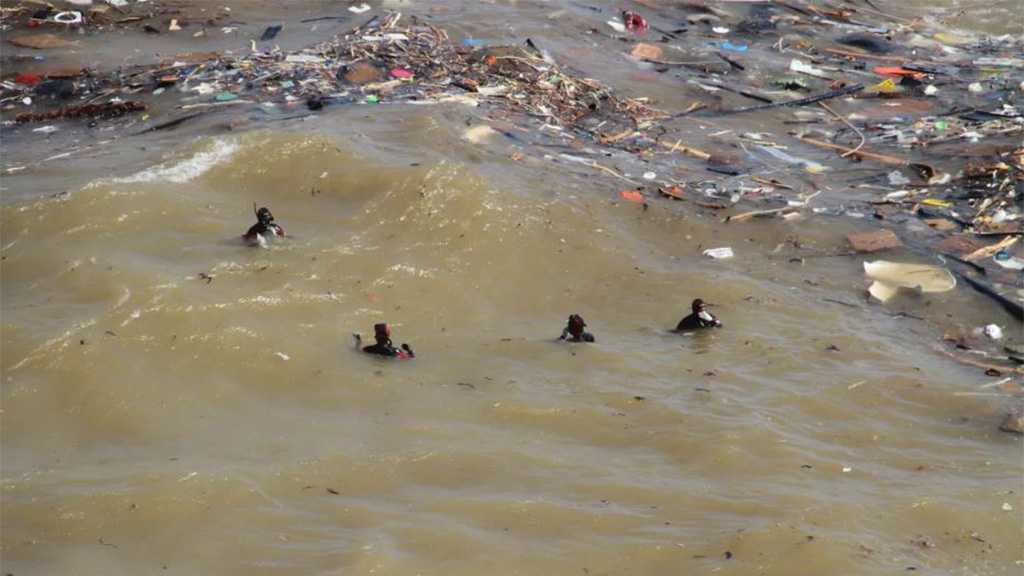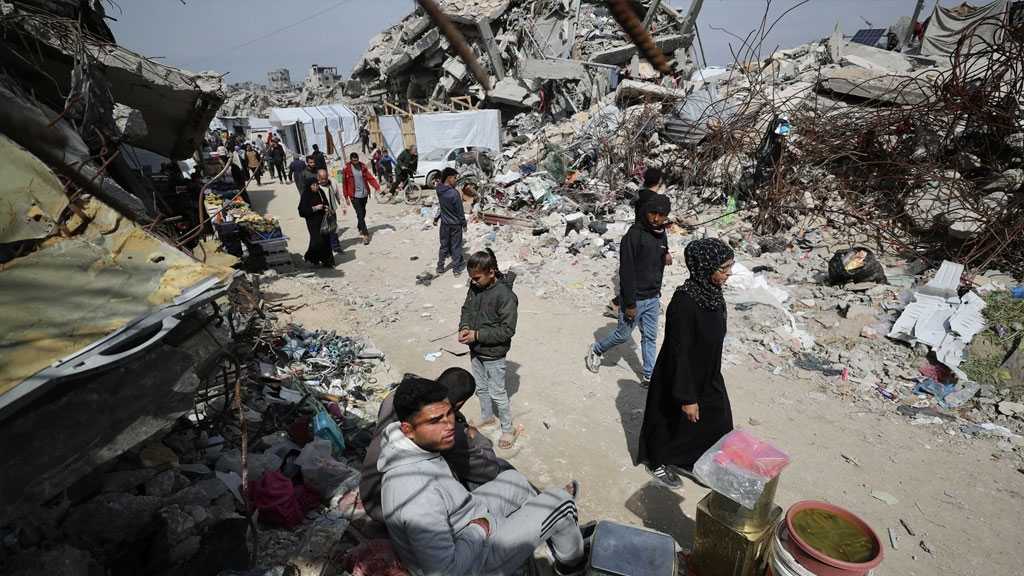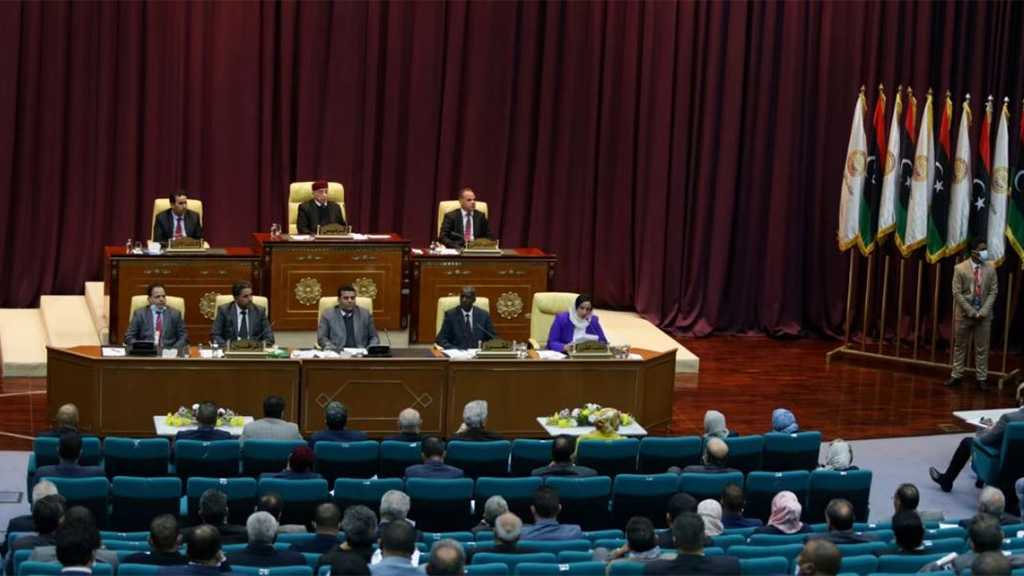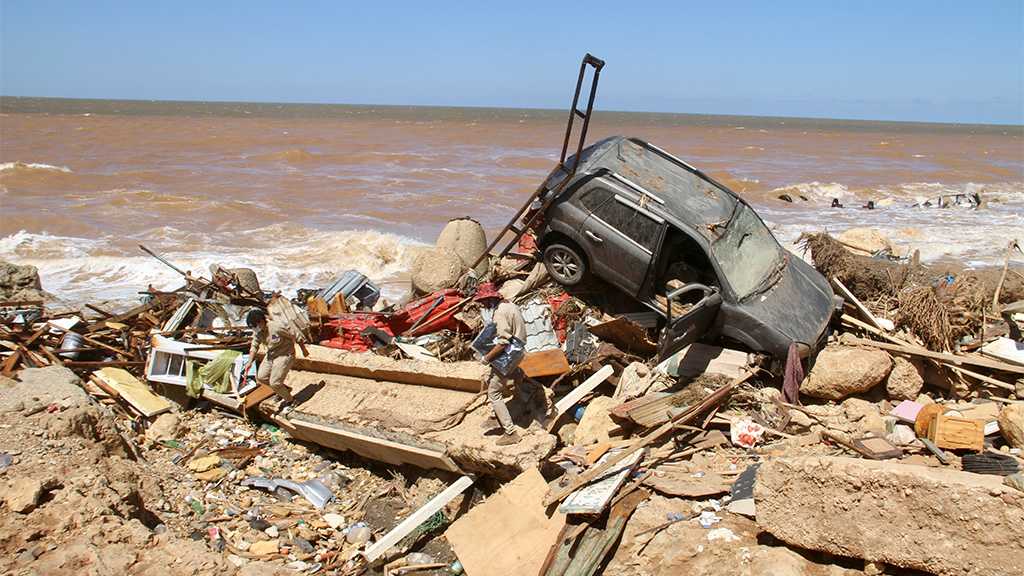UN Postpones Libya Peace Talks, Widens Them to Include Rival Parliament
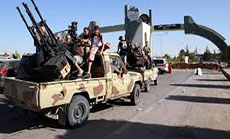
Local Editor
The United Nations will widen a new round of talks aimed at ending Libya's escalating political crisis by including a rival assembly challenging the recognized government, its special envoy said on Monday.
 Libya has had two governments and parliaments competing for legitimacy since an extremist group called Fajr Libya [Libyan Dawn] seized Tripoli in August, installing its cabinet and forcing the recognized Prime Minister Abdullah al-Thani to the east.
Libya has had two governments and parliaments competing for legitimacy since an extremist group called Fajr Libya [Libyan Dawn] seized Tripoli in August, installing its cabinet and forcing the recognized Prime Minister Abdullah al-Thani to the east.
The UN had launched a first round of talks in September bringing together the elected House of Representatives and members from the city of Misrata linked to Libyan Dawn who had boycotted the assembly.
A second round of talks was meant to start on Tuesday after the first produced no progress. UN Special Envoy Bernadino Leon said during a visit to Tripoli that they would be postponed until the beginning of next week to give more time to work out details.
Leon said the dialogue would include members of a rival assembly in Tripoli, the General National Congress [GNC], the country's previous assembly reinstated by the new rulers in the capital.
"So this dialogue should be based on respect. And we have agreed tonight that this respect will mean that the representatives from this house will be attending the dialogue considering themselves representatives of the GNC," Leon said after meeting GNC President Nouri Abu Sahmain.
"But they will accept that these talks will have different views," he said, standing in a GNC building behind a banner saying "State of Libya. Presidency of the General National Congress."
Leon might find it hard to sell the inclusion of the GNC to the House or Representatives when he visits its members based in the remote eastern city of Tobruk on Tuesday.
He dodged a question whether his plans means the UN drops its position that the house is the sole legitimate assembly, a view also shared so far by global powers.
He only said a recent Supreme Court ruling invalidating the House of Representatives had changed the situation, though some critics say the judges were hardly free since they are based in Tripoli.
"We all agreed that the ruling of the court implied changes in the country," he said. "What is important is to have a dialogue where each one has its view and they accept the views of the others," he said.
Source: News Agencies, Edited by website team
Comments
- Related News
